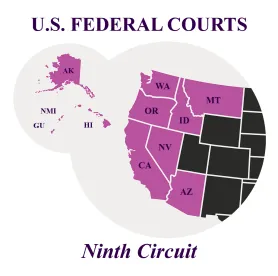This case, Chamber of Commerce of the United States of America, et.al., v. United States Department of Homeland Security, et. al., was heard by the court regarding a challenge to both DHS and DOL’s new interim final rules – one that affected the H-1B program (Strengthening the H-1B Nonimmigrant Visa Classification Program), and one that affected the wage-setting system for H-1B and E-3 petitions and PERM applications (Strengthening Wage Protections for the Temporary and Permanent Employment of Certain Aliens in the United States). The U.S. Chamber of Commerce requested the court set aside both rules under the Administrative Procedure Act (APA).
As background, both the DHS and DOL invoked the APA’s good cause exception and issued the rules without notice and comment. The DOL rule went into effect immediately, and the DHS rule is effective Dec. 7, 2020. The DHS and DOL cited COVID-19 and ongoing economic concerns to enact both rules on an emergency basis, asserting that the U.S. economy and U.S. workers needed the protection.
The court, in its analysis, found that neither the DHS nor DOL has shown good cause to excuse notice and comment. The good cause exception has a high bar and is usually invoked only in the event of emergencies. The court found that if it were an emergency, the agencies would not have waited six months for this “immediate” action, and in fact, the proposed changes to the H-1B program had been on the agenda for quite some time. Moreover, the rules implemented are not a temporary “fix” for the pandemic, but rather, would stay for posterity. In addition, the job statistics presented showed that the job losses were not as significantly impacted in the occupations where H-1B workers are employed.
-
For the very reasons set out above, the court set aside both rules on the basis that they violated the APA.
USCIS and DOL have yet to issue guidance on the following two questions:
-
When the wages will revert to normal;
-
For those prevailing wage determinations issued with the higher wage, whether they will be reissued.



 />i
/>i
